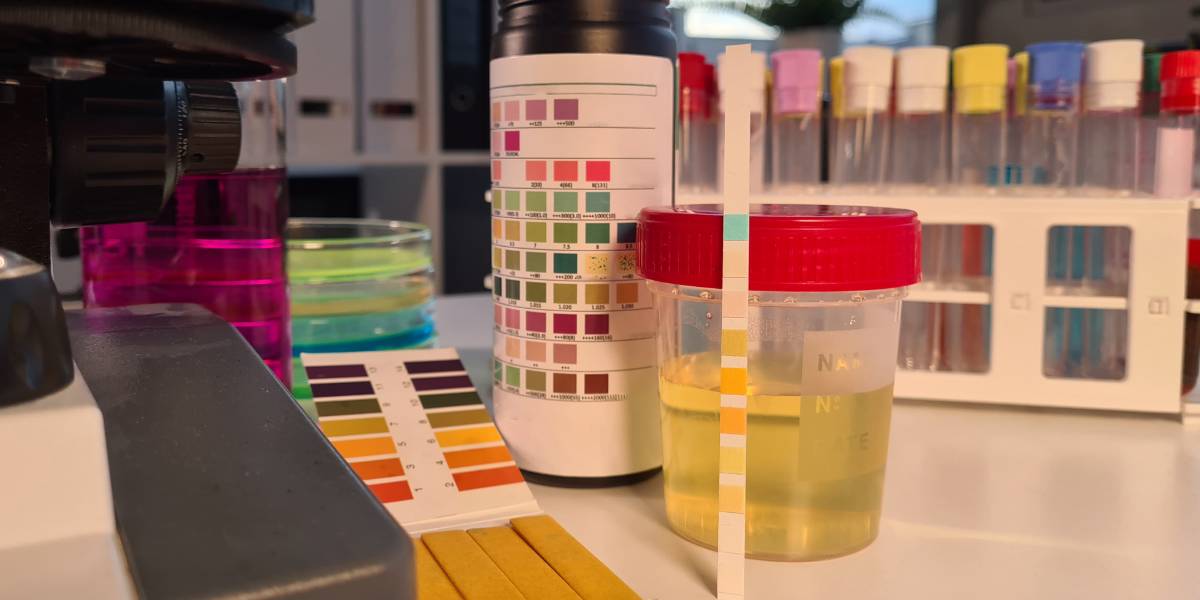People with continuously high levels of urinary albumin excretion over a long period of time are more likely to develop new-onset heart failure compared to those with lower levels.
Scientists from Osaka University in Japan have found that treatment used to prevent high urinary albumin levels could combat the development of future heart failure.
Approximately 20% of people are diagnosed with heart failure during their life, with most of these cases being triggered by impaired kidneys.
- Working out at weekends as effective as daily exercise for heart health
- Females taken to hospital by a man are less at risk of dying from a heart attack
Chief author Dr Ryoto Sakaniwa said: “Day-to-day or short-term fluctuations in renal biomarkers are well-known. However, the connection between long-term patterns in biomarker levels and the risk of heart failure is unknown.”
During the study, the team of researchers examined the health of 7,000 people to assess their serum creatinine and urinary albumin excretion (UAE) levels – two common markers of kidney health.
Co-author Dr Jasper Tromp said: “The results were very clear. While most participants had stable low UAE or serum creatinine, those with persistently high UAE had a statistically higher risk of new-onset heart failure or all-cause mortality.
“Interestingly, annual levels of renal biomarkers were remarkably stable year to year across the 11 years of follow up.”
The findings show that older males were more at risk of having persistently higher UAE or serum creatinine levels.
- Whisky made from people with diabetes’ urine
- Weight loss linked to reduced risk of type 2 diabetes and heart attacks
People with diabetes were also more likely to have continuously high levels of urinary albumin excretion and serum creatinine compared to those without the condition.
Dr Sakaniwa noted: “Our results highlight the importance of the heart-kidney link in heart failure by showing that patients with persistently worse renal function, as indicated by higher UAE or serum creatinine levels, are at a higher risk of heart failure or mortality. Reducing these renal biomarkers could help prevent heart failure.”
The study has been published in the European Journal of Heart Failure.




